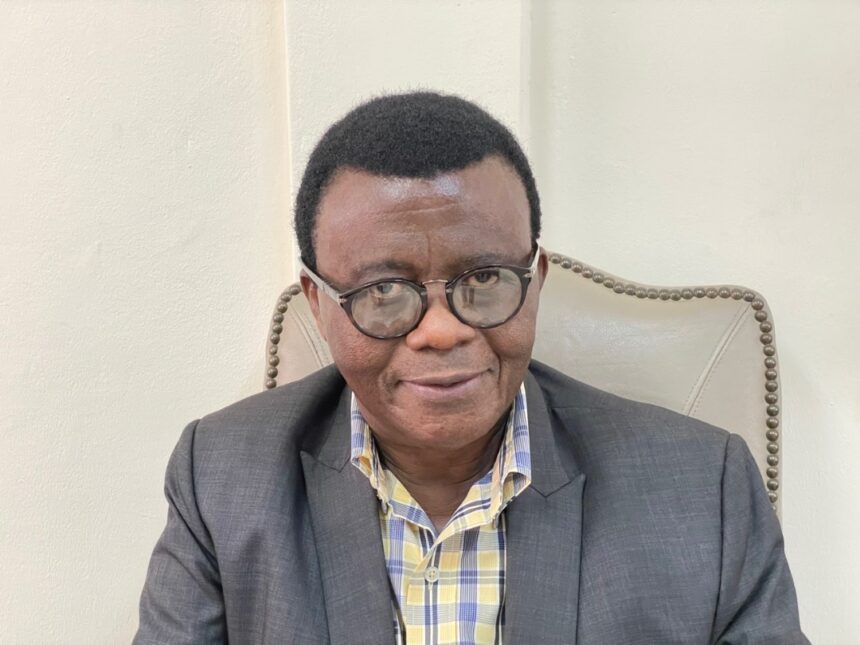Governance expert and former UN Senior Governance Advisor, Prof Baffour Agyeman-Duah, has expressed concerns regarding the suspension of Chief Justice Gertrude Torkonoo by President John Mahama. In an interview on Joy FM’s Midday news, Prof Agyeman-Duah highlighted the timing and manner in which the suspension was carried out, suggesting that it raises questions about the integrity of the process and creates a perception of a political agenda.
The rushed nature of the suspension, coupled with its proximity to recent political declarations, has led to speculation and public doubt. Prof Agyeman-Duah noted that President Mahama’s earlier comments about the judiciary on the campaign platform may have influenced the decision to suspend the Chief Justice, leading to what he described as a “self-fulfilling prophecy.”
President Mahama suspended the Chief Justice after receiving a petition from three individuals accusing her of misconduct and incompetence. While acknowledging that the President is operating within the legal boundaries outlined in the Constitution for addressing allegations against a Chief Justice, Prof Agyeman-Duah emphasized the problematic optics and political context of the move.
Preserving the principle of separation of powers is crucial, according to Prof Agyeman-Duah, who warned against allowing partisan motives to drive actions against independent institutions. He stressed the importance of caution and restraint in handling matters involving the judiciary, particularly in a fragile democratic environment.
Prof Agyeman-Duah clarified that his comments were not meant to exonerate the Chief Justice but to underscore the need for a careful approach in such cases. He emphasized the potential repercussions of allowing political considerations to influence actions against the judiciary, as it could set a dangerous precedent.
In conclusion, Prof Agyeman-Duah’s remarks serve as a reminder of the importance of upholding the independence and integrity of the judiciary, even in the face of serious allegations. It is essential to ensure that legal processes are followed diligently and transparently, without succumbing to political pressures or biases.








